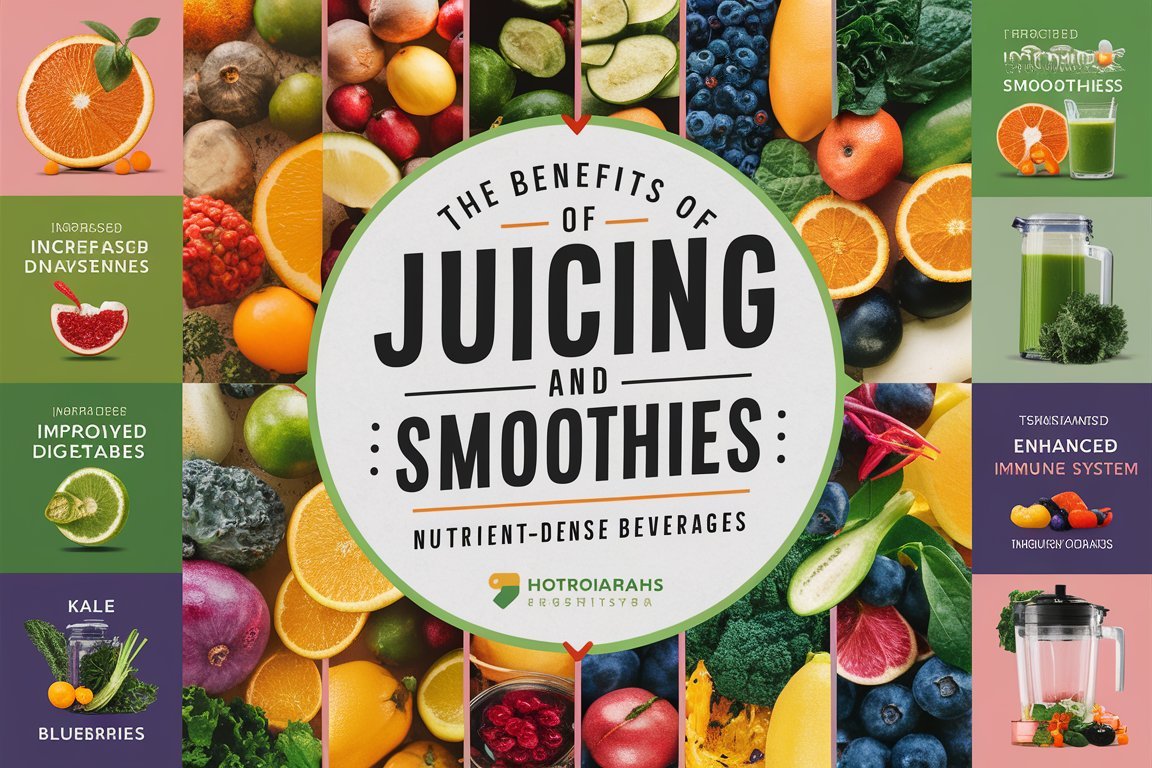Nutrition for Stress Management: Eating for Calm and Balance
Hey there, my young and curious friends of 2024! It’s your favorite nutrition explorer, Nita Sharda, here to take you on an exciting journey into the world of nutrition and stress management. Now, I know what you might be thinking – “Stress management? Isn’t that just for grown-ups who have a lot on their plate?” But trust me, learning how to manage stress through the foods we eat is an important skill for everyone, no matter what age we are.
Today, we’re going to put on our explorer hats and discover how nutrition can play a powerful role in helping us feel calm, balanced, and better equipped to handle the ups and downs of life. But before we dive in, let me make one thing clear – this is not about putting anyone on a strict diet or making them feel like they need to be perfect. It’s simply about empowering you with the knowledge and tools to make food choices that support your mental and emotional wellbeing.
So, are you ready to join me on this stress-busting nutrition adventure? Let’s go!

What is Stress?
First things first, let’s talk about what stress actually is. Stress is our body’s natural response to challenges or demands that we face in our daily lives. It can be triggered by all kinds of things, like a big test at school, a fight with a friend, or even just a busy schedule.
When we experience stress, our bodies release hormones like cortisol and adrenaline that help us feel more alert and focused. This can be helpful in the short-term, like when we need to study for an exam or run away from a scary dog. But when stress becomes chronic, meaning it lasts for a long time, it can start to take a toll on our physical and mental health.
Chronic stress has been linked to all kinds of health problems, like headaches, stomachaches, trouble sleeping, and even depression and anxiety. It can also make it harder for us to concentrate, remember things, and control our emotions.
But here’s the good news – there are lots of things we can do to manage stress and feel more calm and balanced, and one of the most powerful tools we have is nutrition.
The Role of Nutrition in Stress Management
So, how exactly does nutrition play a role in stress management? Let’s take a closer look.
Providing Essential Nutrients
One of the most important ways that nutrition supports stress management is by providing our bodies with the essential nutrients they need to function at their best. These nutrients include:
- B vitamins: B vitamins like thiamine, riboflavin, and niacin are important for energy production, brain function, and mood regulation. They can be found in foods like whole grains, legumes, leafy greens, and lean meats.
- Vitamin C: Vitamin C is a powerful antioxidant that helps protect our cells from damage caused by stress. It also supports the production of stress-busting hormones like serotonin. You can find vitamin C in foods like citrus fruits, berries, bell peppers, and broccoli.
- Magnesium: Magnesium is a mineral that helps regulate the nervous system and promote feelings of calm and relaxation. It can be found in foods like leafy greens, nuts, seeds, and whole grains.
- Omega-3 fatty acids: Omega-3s are healthy fats that have been shown to have anti-inflammatory and mood-boosting properties. They can be found in foods like fatty fish (salmon, sardines, anchovies), flaxseeds, chia seeds, and walnuts.
By eating a diet that’s rich in these essential nutrients, we can help our bodies and minds better cope with stress and feel more resilient in the face of challenges.
Stabilizing Blood Sugar
Another way that nutrition can support stress management is by helping to stabilize our blood sugar levels. When we eat a lot of sugary or refined carbohydrate foods, like candy, soda, or white bread, our blood sugar levels can spike and then crash, leaving us feeling tired, irritable, and stressed out.
On the other hand, when we eat foods that are rich in fiber, protein, and healthy fats, like fruits, vegetables, whole grains, and lean proteins, our blood sugar levels stay more stable, which can help us feel more balanced and less prone to stress.
Some great blood sugar-stabilizing foods include:
- Oatmeal with nuts and berries
- Hummus with carrot sticks
- Grilled chicken with roasted sweet potatoes
- Apple with almond butter
- Greek yogurt with pumpkin seeds
Supporting Gut Health
Believe it or not, the health of our gut can also play a big role in stress management. Our gut is home to trillions of bacteria, known as the gut microbiome, that help break down food, absorb nutrients, and support our immune system.
When our gut microbiome is out of balance, it can contribute to inflammation and other health problems that can make us more prone to stress and anxiety. But by eating a diet that’s rich in fiber-rich foods like fruits, vegetables, and whole grains, as well as fermented foods like yogurt, kefir, and sauerkraut, we can support the growth of healthy gut bacteria and promote a sense of calm and balance.
Putting It All Together: A Stress-Busting Meal Plan
So, what does a stress-busting meal plan actually look like? Here are some tips to help you get started:
- Focus on whole, minimally processed foods: Choose foods that are as close to their natural state as possible, like fresh fruits and vegetables, whole grains, lean proteins, and healthy fats.
- Eat a rainbow of colors: Different colored fruits and vegetables contain different vitamins, minerals, and antioxidants that are important for stress management. Aim to eat a variety of colors each day to get a wide range of nutrients.
- Choose complex carbohydrates: Complex carbohydrates like whole grains, legumes, and starchy vegetables provide a slow and steady release of energy that can help keep us feeling balanced and less prone to stress.
- Include healthy fats: Healthy fats like omega-3s and monounsaturated fats can help reduce inflammation and support brain function. Choose foods like fatty fish, avocados, nuts, and seeds.
- Limit caffeine and alcohol: While a little bit of caffeine or alcohol in moderation can be okay, too much can contribute to feelings of anxiety and stress. Try to limit your intake of these substances and choose water, herbal tea, or other non-caffeinated beverages instead.
- Practice mindful eating: Mindful eating means paying attention to your food and your body’s hunger and fullness cues. Take the time to sit down and enjoy your meals without distractions, and try to tune in to how your body feels before, during, and after eating.
Here’s an example of what a stress-busting meal plan might look like:
Breakfast
- Overnight oats with chia seeds, berries, and almond butter
- Scrambled eggs with spinach and whole grain toast
Lunch
- Grilled chicken salad with mixed greens, avocado, and pumpkin seeds
- Veggie and hummus wrap with whole grain tortilla
Dinner
- Baked salmon with roasted broccoli and quinoa
- Black bean and sweet potato tacos with salsa and guacamole
Snacks
- Apple with almond butter
- Carrot sticks with hummus
- Greek yogurt with berries and granola
- Trail mix with nuts, seeds, and dried fruit
Remember, everyone’s nutritional needs and preferences are different, so it’s important to find a way of eating that works for you and supports your individual health goals.
Other Stress-Busting Strategies
While nutrition can certainly play a big role in stress management, it’s not the only tool in our toolbox. Here are some other strategies that can help us feel more calm, balanced, and resilient in the face of stress:
- Exercise regularly: Exercise is a great way to reduce stress and boost mood. Aim for at least 30 minutes of moderate-intensity exercise most days of the week, like brisk walking, cycling, or swimming.
- Practice relaxation techniques: Relaxation techniques like deep breathing, meditation, and yoga can help calm the mind and reduce stress. Try incorporating these practices into your daily routine, even if it’s just for a few minutes at a time.
- Get enough sleep: Sleep is essential for stress management and overall health. Aim for 7-9 hours of quality sleep each night, and try to establish a consistent sleep routine.
- Connect with others: Social support is a powerful stress-buster. Make time to connect with friends and family, whether it’s in person or virtually, and don’t be afraid to reach out for help when you need it.
- Practice self-care: Self-care means taking time to do things that nourish your mind, body













1 Comment